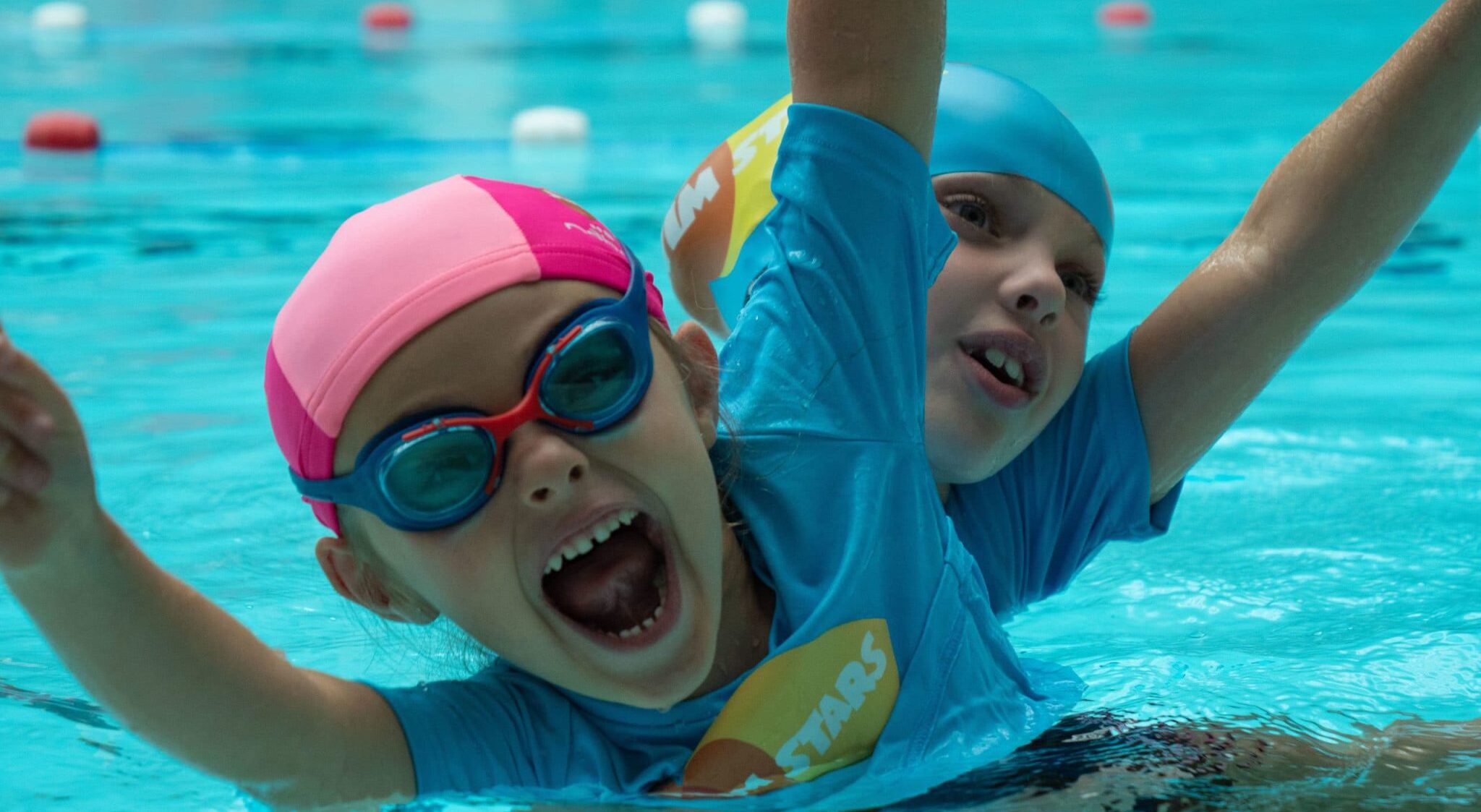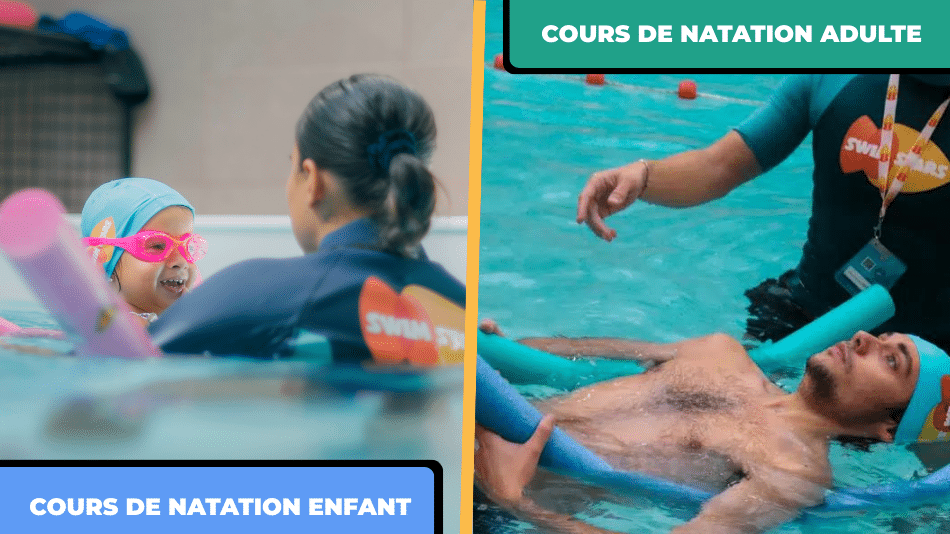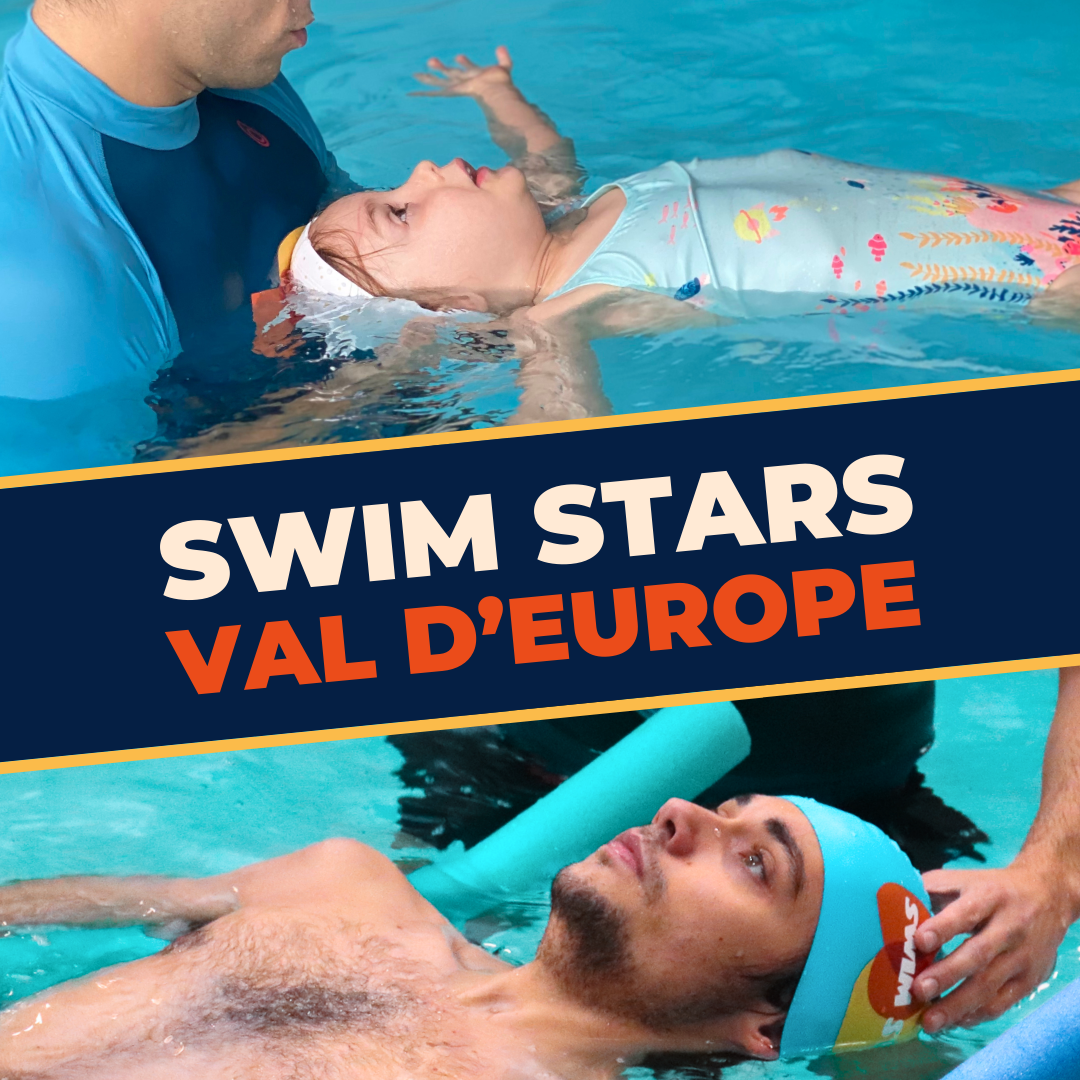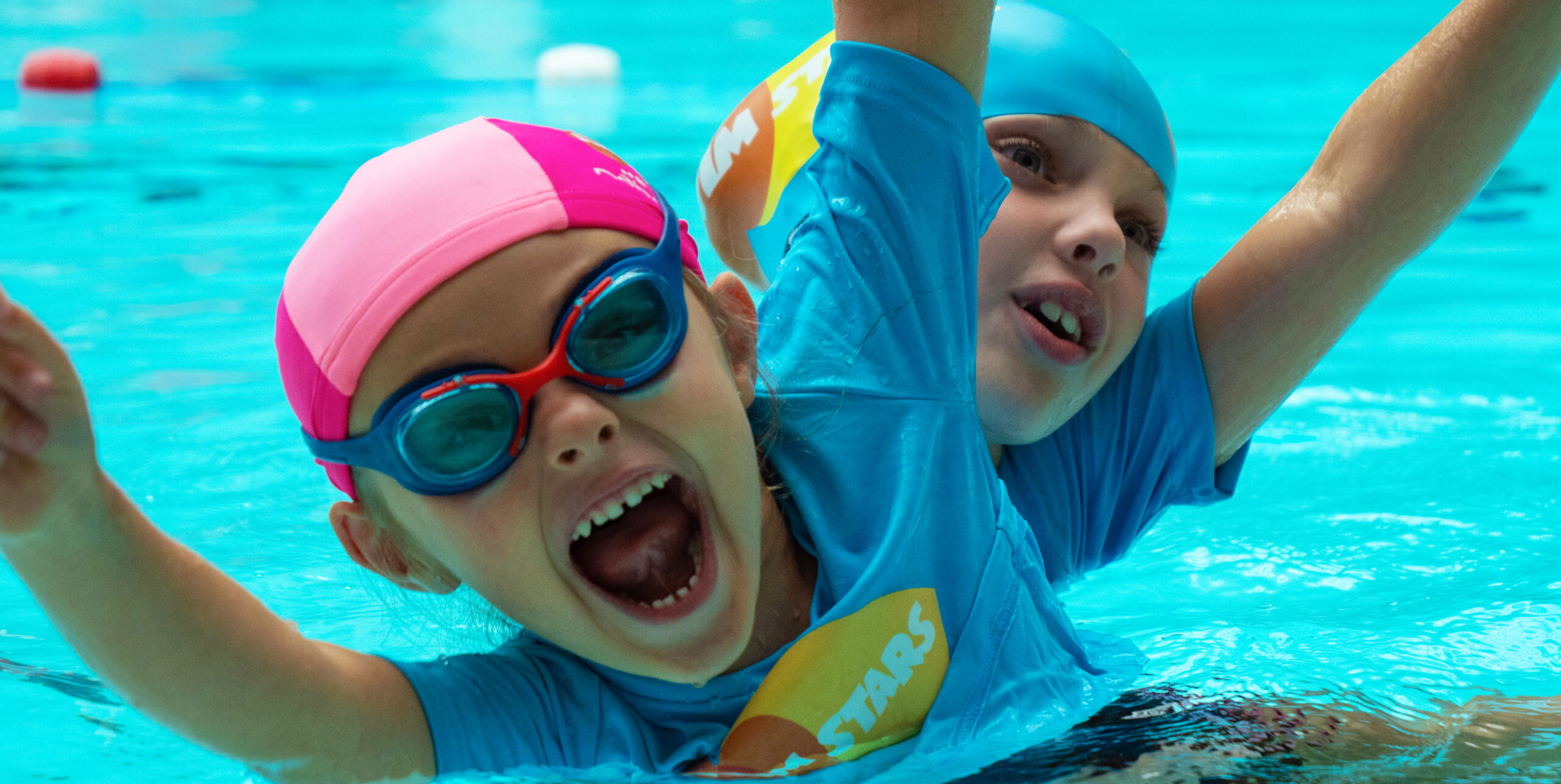What about the risk of contamination in swimming pools? Chlorinated water inactivates the virus.
What is the risk of Covid-19 contamination in swimming pools? A new study commissioned by Swim England*, in collaboration with baby swim school Water Babies** and the Royal Life Saving Society UK (RLSS UK)***, has shown that the
Covid-19 does not survive in chlorinated water.
Will the results of this research, considered a world first, cross borders?
Could the English study accelerate the reopening of swimming pools and swimming lessons in France?
We welcome this study and hope it will lead to the reopening of
swimming lessons
in France as soon as possible, as it is the case in England since April 12, 2021.
“The risk of transmission in pool water is incredibly low.”
Swimming pool water can inactivate the Covid-19 virus in just 30 seconds under the right conditions, reveals a study by virologists at Imperial College London.
The results […] suggest that the risk of transmission of Covid-19 in swimming pool water is incredibly low.
Swim England* worked in collaboration with the baby swim school Water Babies** and the Royal Life Saving Society UK (RLSS UK)***, commissioning the study and providing the context and materials for the research.

This is great news! Research shows that the virus does not survive in swimming pool water.
As indoor pools across the country reopened on Monday 12 April as part of the government’s roadmap to ease closure restrictions, Jane Nickerson, chief executive of Swim England, hailed the results as “fantastic news”!
Jane Nickerson, executive director of Swim England, hailed the results as“very good news.”
The pool water study was conducted by Professor Wendy Barclay, a virologist and expert on respiratory viruses, with research associate Dr. Jonathan Brown and research technician Maya Moshe of Imperial College London. The project was managed by Alex Blackwell, Water Babies’ pool and facilities manager.
The study focuses on the effects of swimming pool water on the virus that causes Covid-19, called SARS-CoV-2. The goal was to evaluate the time and contact required to inactivate the virus under varying chlorine and pH conditions.
Risk in swimming pools ? The Covid-19 virus does not survive
Indeed, research has established that 1.5 mg per liter of free chlorine with a pH between 7 and 7.2 reduced the infectivity of the virus by more than 1000 times in 30 seconds. Additional testing on different free chlorine and pH ranges confirmed that chlorine in pool water was more effective at lower pH levels. This pH value complies with the current guidelines for swimming pool operation.
Professor Wendy Barclay, from Imperial College, said, “We performed these experiments in our high containment laboratories in London. Under these safe conditions, we are able to measure the virus’ ability to infect cells, which is the first step in its transmission.”
And to detail: “By mixing the virus with pool water that was provided to us by the Water Babies team, we were able to show that the virus does not survive in the pool water: it was no longer infectious. This, coupled with the enormous dilution factor of the virus that could get into a pool from an infected person, suggests that the risk of contracting Covid-19 from pool water is negligible.”
“By mixing the virus with pool water that was provided to us by the Water Babies team, we were able to show that the virus does not survive in pool water: it was no longer infectious.”
Jane added: “We are delighted to have played a key role alongside Imperial College London, Water Babies and RLSS UK in this world first research.”
Very good news
“These results suggest that the risk of transmission through pool water is low and confirm that pools can be safe and secure environments if appropriate measures are taken.”
“With indoor pools allowed to reopen on Monday, April 12, this is fantastic news for operators, our members and clubs who participate in all of our great sports, recreational swimmers and those who rely on the water to stay physically active.
“The results confirm that the advice we gave to operators is correct and will give everyone who gets back in the water peace of mind knowing they are doing so safely.”
Paul Thompson, founder of Water Babies, said, “We are thrilled with these findings as we prepare to restart our classes and plan to welcome back families, toddlers and clients to indoor pools across the country. It has been fantastic to work closely with Professor Barclay and his team at Imperial College and to collaborate with leading organisations Swim England and RLSS UK on this cutting edge research.“

Swimming pools are safe and secure environments as the risk of Covid-19 contamination is low.
“We know that swimming has multiple physical and mental health benefits for children and adults of all ages and we look forward to our classes resuming.”
We look forward to seeing you around our
pools
!
*Swim England: the English swimming federation which aims to help people learn to swim, enjoy the water safely and compete
**Water Babies: swimming school specialized in baby swimmers, present in the UK, Canada, Ireland, the Netherlands and China
***Royal Life Saving Society UK: a lifesaving federation founded in 1891 in the United Kingdom
Source : English study available
here
https://blog.swimstars.fr/comment-booster-le-developpement-social-des-enfants/
https://blog.swimstars.fr/dois-je-arreter-les-cours-parce-que-mon-enfant-pleure-peur-de-l-eau/



